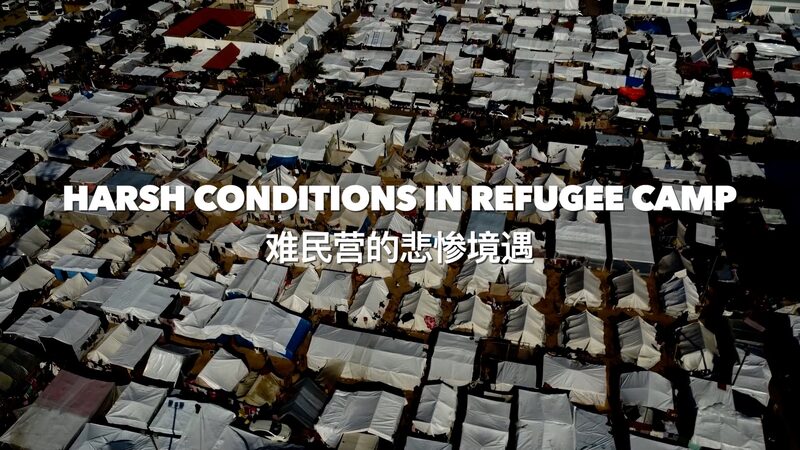The turn of the 21st century marked a significant demographic shift in the United States as Hispanics became the largest minority group. This milestone, however, has not translated into improved treatment by authorities. In states like Texas and California, discrimination and abuse by law enforcement remain common experiences for many in the Hispanic community.
Activists, retired border patrol officers, lawyers, and migrants have shed light on these ongoing challenges. Migrants seeking a better future often face harsh conditions and treatment while crossing the border. Even those who have established lives in the U.S. encounter systemic biases and discrimination in their daily activities.
The persistent race gap highlights deep-rooted issues within American society that have implications beyond its borders. For global readers and news enthusiasts, understanding these dynamics is crucial in comprehending the broader context of human rights and social justice in the developed world.
Business professionals and investors might consider the social climate as a factor influencing economic trends, labor markets, and consumer behavior within the U.S. The academic community can draw parallels and contrasts with race relations in other countries, including those in Asia, fostering a global dialogue on equity and inclusion.
For the Asian diaspora and cultural explorers, the Hispanic experience in the U.S. offers insights into the complexities of immigrant communities navigating identity and acceptance in foreign lands. It underscores the universal challenges faced by minority groups worldwide, prompting reflections on policies and social attitudes in their own regions.
As the U.S. continues to grapple with its racial disparities, the stories of the Hispanic community serve as a reminder of the ongoing struggle for equality and the importance of addressing systemic discrimination in all societies.
Reference(s):
cgtn.com








